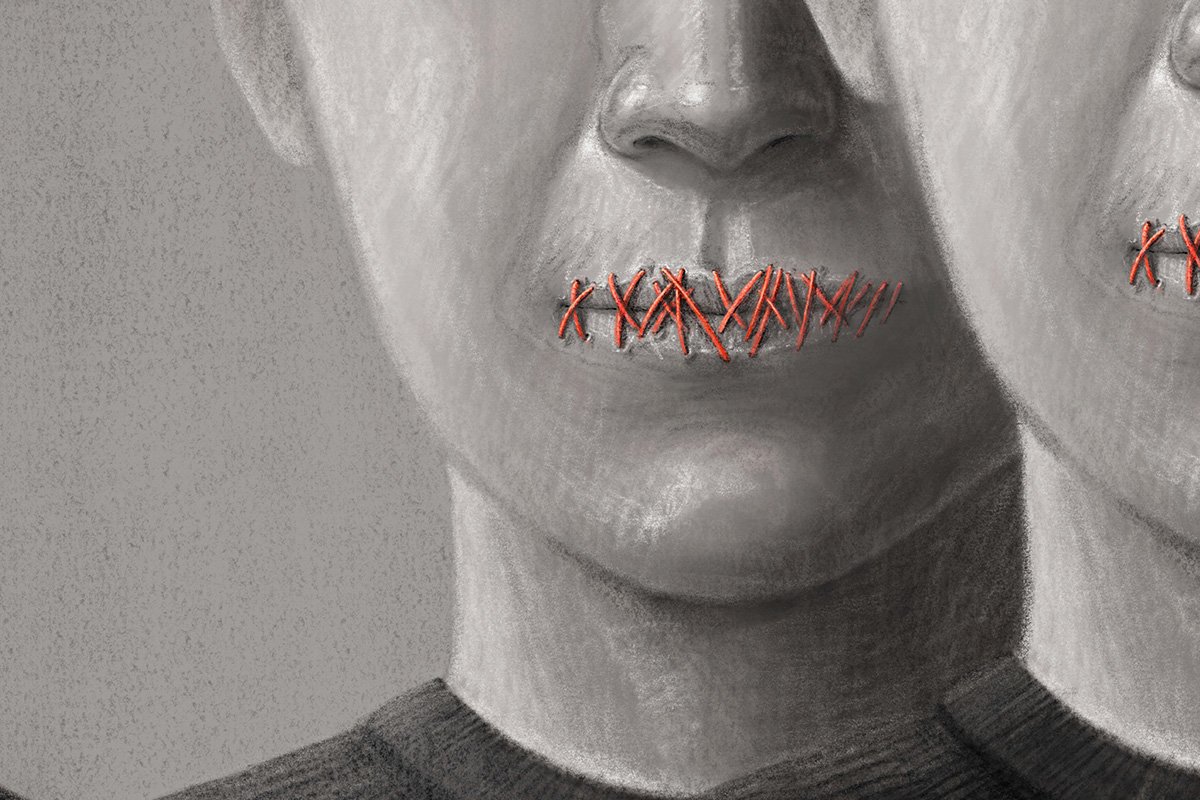
August 9, 2017; Washington Post
Right after a blustering challenge of North Korea to a potentially world-destroying face-off, President Donald Trump also tried to restart the war on drugs between holes of golf.
“Strong law enforcement is absolutely vital to having a drug-free society,” Trump said. “I’m confident that by working with our health care and law enforcement experts, we will fight this deadly epidemic and the United States will win.”
Trump criticized President Barack Obama’s administration for having fewer drug prosecutions and not enacting longer sentences. The implication was that these trends exacerbated the opioid epidemic, which would soon be put right if he had anything to say about it.
Sign up for our free newsletters
Subscribe to NPQ's newsletters to have our top stories delivered directly to your inbox.
By signing up, you agree to our privacy policy and terms of use, and to receive messages from NPQ and our partners.
This stance, however, ignores the ongoing bipartisan agreement that the War on Drugs was a failed initiative that increased this country’s prison population precipitously while not achieving its purpose. It also omits the role of prescription drugs in feeding the problem. Opioids obtained through legal channels drove the rise in abuse for much of the Obama presidency. In response, late in his term, the Obama administration’s CDC released some stricter national prescribing guidelines. In fact, Trump’s own commission on the matter recommended in its July 31st interim report a focus on easing access to inpatient treatment and medications, better monitoring of opioid prescriptions, and more training for healthcare providers.
Trump also appeared to be checking off the greatest hits of drug policies from decades past, including a bit of Reagan-era “Just Say No” in his declaration:
The best way to prevent drug addiction and overdose is to prevent people from abusing drugs in the first place. If they don’t start, they won’t have a problem. If they do start, it’s awfully tough to get off. So we can keep them from going on, and maybe by talking to youth and telling them, “No good; really bad for you in every way.” But if they don’t start, it will never be a problem.
—Ruth McCambridge











